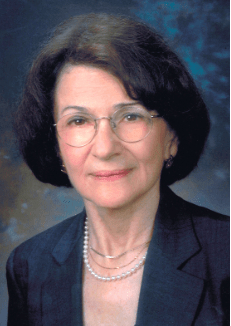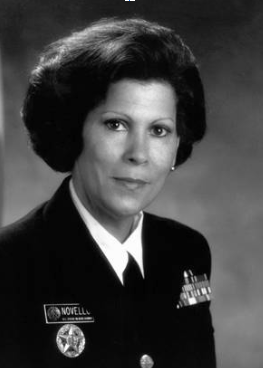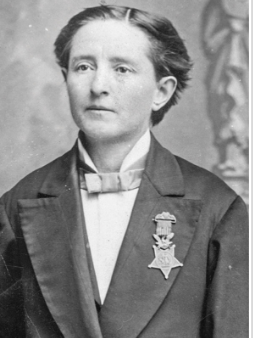
Celebrated in the United States, the United Kingdom, and Canada, March is designated as Women’s History month, and we wanted to take a moment to highlight some of the many women who changed the field of Medicine.

Mary Putnam Jacobi (1842 - 1906)
Dr. Mary Putnam Jacobi, who received her education from the Female Medical College of Pennsylvania and trained in Paris, argued for coeducation for medical students. She noted that existing women's medical schools could not provide the same clinical experience as major hospitals. Jacoby created the Association for the Advancement of Medical Education of Women to directly address inequalities. Most notably, Jacobi wrote a counter argument proving the stability of women's strength throughout their menstrual cycle which earned her Harvard's prestigious Boylston prize, and later became a powerful tool in the continued fight for women's education.
Patricia Goldman-Rakic (1937 - 2003)
Dr. Patricia Goldman-Rakic is known for mapping the prefrontal cortex region of the brain, which had been deemed too complex to research in detail prior to her achievements. Patricia's mapping illuminated critical functions of the brain such as cognition, planning, and working memory. Her research contributed greatly to our understanding of schizophrenia, ADHD, Parkinson's disease, and dementia.


Antonia Novello (1944 - )
Still with us today, Dr. Novello has served the field of medicine by being the first Hispanic, and first female U.S. Surgeon General. In her earlier work, Novello cared for critically ill children and then transitioned into the field of Public Health where she felt that she could make a greater impact on the broader population. She worked to draft the Organ Transplantation Procurement Act of 1984, which established the national registry for organ matching. She also helped author the health warnings that were added to cigarette packaging. One of her most notable contributions was her campaign that sought to end cigarette advertising to children to help combat underage smoking.
Mary Edwards Walker (1832 - 1919)
The only woman to receive the United States Medal of Honor, Mary became the first U.S. surgeon during the Civil War. In 1855, alongside her spouse, she started a Medical clinic in New York, which was unsuccessful due to the public’s lack of support for a female doctor. In 1863, after treating wounded soldiers on the front lines in Virginia, Dr. Walker’s request to practice as a surgeon was finally accepted. The following year, while assisting a Confederate doctor with surgery, she was captured as a spy. She was held in prison for four months and refused to wear women’s clothing. She was later released in 1864 and awarded the Medal of Honor by President Andrew Johnson.

Nothing stopped these brave women from contributing to medical progress. Let us take a moment to give thanks, learn about, and educate our peers about not only the astounding accomplishments of these women but about the many others who have helped to push forward the boundaries of the field of medicine.


